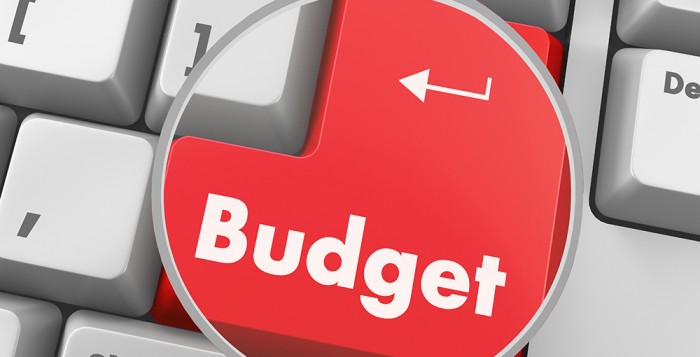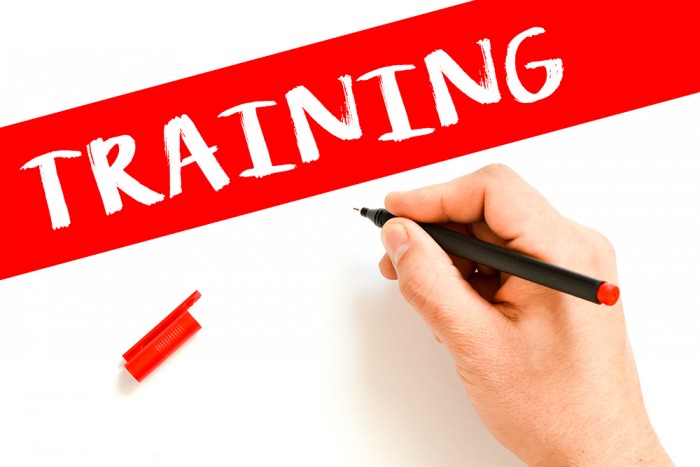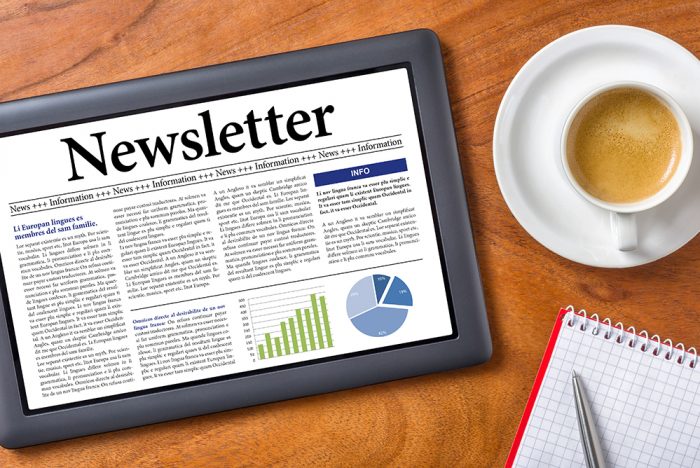Jim Sharp
Pa. Mental Health Funding Key Part of Budget — Mental Health Safety Net Coalition Referenced
2022/23 PA Early Intervention Services Funding: 2021/22 3% Rate Increase Remains in Place
PA General Assembly Passes Telehealth Psychiatric Oversight Bill
Resilient PA: Growing and Flourishing Together — Trauma Aware PA Launching Summer Series!
In concert with the Pennsylvania Office of Advocacy and Reform, HEAL PA, United Way of Pennsylvania, and Collectively Rooted are working to help Pennsylvania residents become more trauma aware and have practical tools to identify and address the trauma in their world.
Join us for this upcoming summer series about building a trauma aware Pennsylvania – free to all residents in the state and open to everyone for personal and professional growth. We invite you to join some of the world’s leading experts on trauma to learn:
- Where and how trauma appears in our lives and communities;
- What happens when we experience trauma;
- The role of community in healing; and
- How we can heal ourselves and support healing in others.
Learn more and pre-register by creating an account at Resilient PA today! If you already have an account, you will be notified when the training is live!
If you have questions, please contact RCPA Policy Director Jim Sharp.
2022 Drexel Forensic Rights and Treatment Conference: Call for Papers
Update Regarding Notice for Public Comment for PA Insurance Department

Following up on the previous RCPA Alert regarding the Pennsylvania Insurance Department’s Notice for Public Comment, please note that comments may be submitted via email OR sent directly to the following address:
PA Insurance Department
Attn: Katie Merritt, Policy Director
1326 Strawberry Square,
Harrisburg, PA 17120
Comments will be accepted until Friday, August 5, 2022.
The department is looking to hear from consumers, advocates, and other organizations about challenges they have experienced accessing various provider types. The notice is divided into two categories: physical health services and behavioral health services, including substance use disorder treatment.
On behalf of its behavioral health provider members, RCPA is compiling comments to submit to PID, although members who prefer to submit their comments and experiences on their own are encouraged to do so. Providers wanting to submit comments as part of an RCPA response can send them to Drug and Alcohol Division Director Jason Snyder. PID will accept comments until Friday, August 5, so please submit your comments to RCPA by Friday, July 29.
Recruiting Therapists for ID/A Train Sessions
The Department of Human Services’ Office of Developmental Programs (ODP) is announcing upcoming TRAIN sessions. Individuals with intellectual disabilities or autism (ID/A) are at an increased risk of experiencing trauma; however, few therapists are skilled in both trauma and ID/A support. To bridge this gap, psychologists with the ASERT team created the TRAIN program — 12 weeks of self-guided learnings and live webinars to equip therapists across Pennsylvania currently working with ID/A populations, with the skills to support clients through traumatic experiences. Read more here.
Therapists interested in participating in the fall cohort, which begins in September, should email with their interest.
If you have questions, please contact your RCPA Policy Director.

















